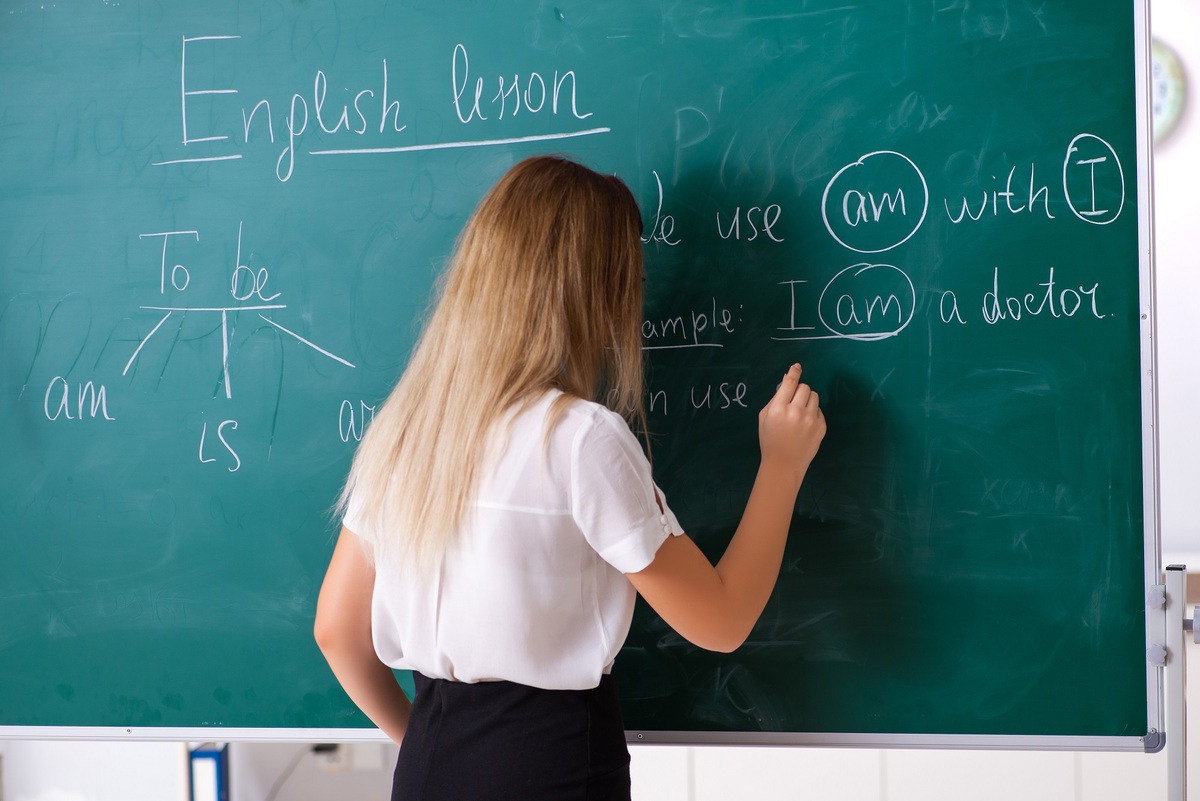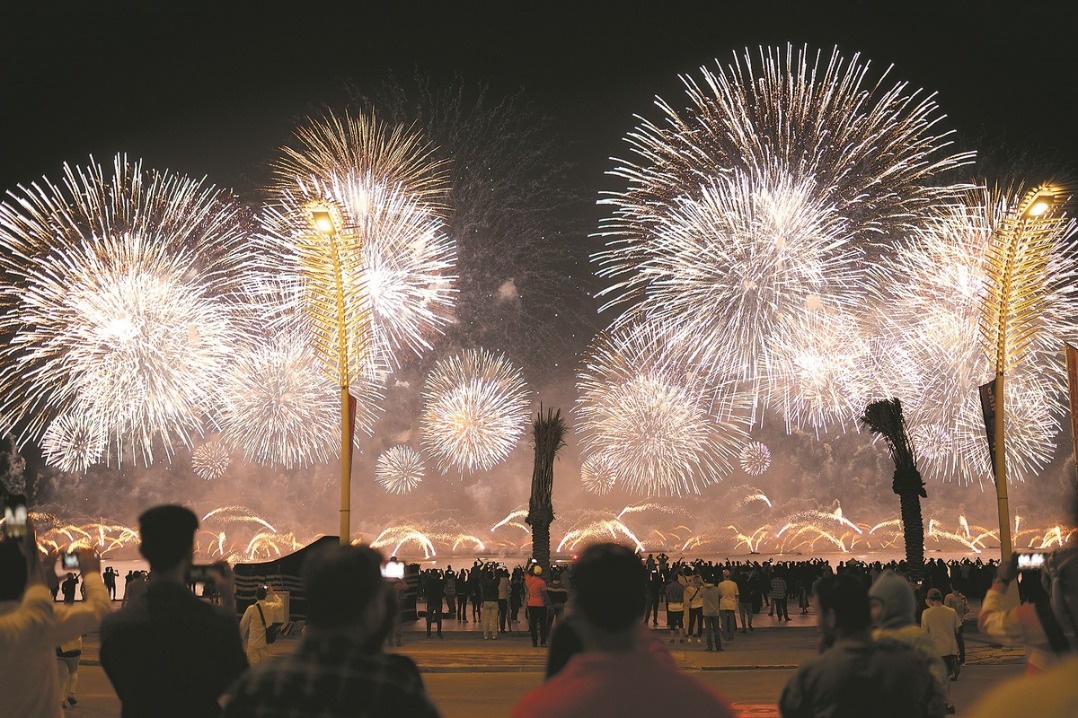Our Interpreter: Discrepancies between fiction and reality in a professional drama


Following the success of the inaugural domestic TV series centered around the profession of an 'interpreter' starring Yang Mi and Huang Xuan—Les Interprètes, the television drama Our Interpreter debuted online on January 8, 2024.
The show brought the often-overlooked professions of interpreter and translator into the limelight, capturing the fascination of viewers with the seemingly glamorous realm of simultaneous interpretation.
However, as the series gained traction, numerous netizens began to critique it for various inaccuracies, revealing a substantial disparity between fictional portrayals and actual professional practices.
Despite the acclaim Our Interpreter received from audiences unversed in the intricacies of the interpreting profession, several unrealistic scenes within the series triggered embarrassment and skepticism among industry professionals.
Instances include interpreters wearing extremely short skirts, perching on high heels and donning earrings while engaged in simultaneous interpretation.
Furthermore, the lead actress of the television drama only noticed a date error on the cover page of the translation project, neglecting the necessity for a more prominent English title, along with grammatical errors in the title and layout. This lapse elicited criticism from industry translators.
Collectively, viewers condemned the show for overtly embracing a Mary Sue narrative, creating discomfort among professional interpreters.
This protagonist halo not only manifests in character depictions but also extends to plot settings and presentation styles. From the imprecise application of the term Fanyiguan to the depiction of two interpreters exchanging interpretation notes (usually personalized to individual comprehension rather than broadly shared) and extending to the sensationalization of the challenges involved in interpreting classical poetry, there exists a substantial disparity with the reality of professional interpreting.
This raises the question of whether audiences prefer fictionalized plots or authentic depictions of real professional interpretation.
While fictionalization is a common filmmaking technique, it should not mislead the audience about professional practices, especially in the sensitive field of interpretation. In crafting fiction, a certain resonance with reality enhances its allure. Film and television productions should refrain from exaggerating or distorting the profession of interpreting, preventing viewers from developing erroneous perceptions about this career.
Professional interpreters invest tremendous effort in their practice, and their diligence and professional ethics deserve portrayal in a truthful light, rather than being misconstrued as overly extravagant or lacking in professionalism.
Looking ahead, there is a hope that future films and television productions centered on interpretation will be more grounded in reality, showcasing the genuine working conditions of professional interpreters. This not only provides audiences with a more authentic and profound understanding of the world of interpretation, but also serves as a platform for industry professionals to display their expertise and grace.
By delving deeply into the professionalism of interpretation, films and television productions have the potential to contribute positively to the development and popularization of this field.
However, achieving this goal requires production teams to prioritize professionalism and authenticity, conducting in-depth research into the internal operations and norms of the interpretation industry.
Only by drawing inspiration from real-life scenarios and thoroughly analyzing every aspect of interpretation work can captivating and educationally meaningful film and television productions be created. This not only aids in enhancing audience comprehension and recognition of interpretation work but also injects new vitality into the development of the interpretation industry.
To sum up, while Our Interpreter has sparked discussions and received some negative reviews, it has also brought more attention to the field of interpretation. Expectations for future film and television productions include a greater emphasis on authenticity, presenting the professional charm of interpreters in a positive light and delivering a captivating yet credible world of interpretation to the audience.
The author is Zhu Jianzhi, studying at Shandong University, majors in Master of Translation and Interpreting(MTI).
The views do not necessarily reflect those of China Daily.
If you have a specific expertise, or would like to share your thought about our stories, then send us your writings at [email protected], and [email protected].
































